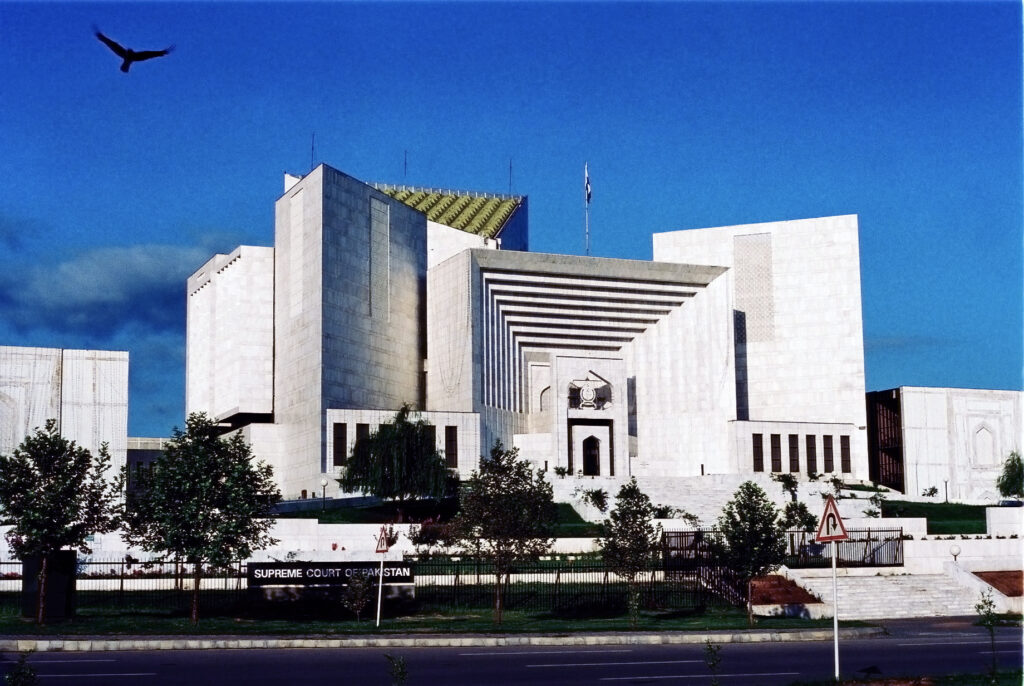- Web Desk
- Feb 19, 2026
UK envoy’s remarks on Pakistan’s general elections ‘unfounded’, says SC
-

- Web Desk
- May 30, 2024

ISLAMABAD: The Supreme Court (SC) has lambasted the recent speech of British High Commissioner to Pakistan Jane Marriot where the latter targeted the country’s general election held in February 2024.
Speaking at the Asma Jahangir conference last month, Marriot expressed concern about Pakistan’s elections on Feb 8, citing British Foreign Secretary David Cameron.
“…not all parties were formally permitted to contest the elections and that legal processes were used to prevent some political leaders from participation, and to prevent the use of recognisable party symbols,” the top diplomat from Britain had stated.
She continued by saying that as “open societies” are transparent, Pakistan’s government, civil society, and international stakeholders should endeavor to foster “open societies” and “vibrant democracies.”
In a letter to the envoy, the registrar of the apex court stated that her criticism of a certain political party being marginalized by having its electoral symbol removed was baseless since it did not adhere to the law.
The letter, drawing attention to the court’s role, said elections were required to be held within 90 days of the completion of the tenure of the national and provincial assemblies.
However, they did not take place because then-president Arif Alvi and the Election Commission of Pakistan (ECP) were at odds regarding who was empowered to announce the election date.
“The matter was resolved in just 12 days by the Supreme Court, and general elections were held throughout Pakistan on 8 February 2024,” the registrar said.
Previously, it mentioned, that many wanting to contest elections in Pakistan faced a lifetime ban because they were not considered honest and trustworthy (Sadiq and Ameen) by the Supreme Court.
Separate barracks to be allocated for beggars in Punjab jails
However, a larger seven-member bench overruled the earlier decision, it said, holding that it did not conform to the Constitution and the law.
The registrar said that the law enacted by Parliament (Elections Act, 2017) requires democracy within political parties via the holding of periodical intra-party elections; to forestall autocracy or even dictatorship within them.
To ensure compliance with this democratic principle the law stipulates, it said, that if a political party does not hold intra-party elections, then it would not be eligible for an election symbol.
“A political party (which had itself voted in this law) did not hold the mandated intra-party elections. The Supreme Court reiterated what the law stipulated,” the letter said.
Therefore, the registrar said: “…your Excellency’s criticism with regard to this decision, with utmost respect, was unjustified”.




